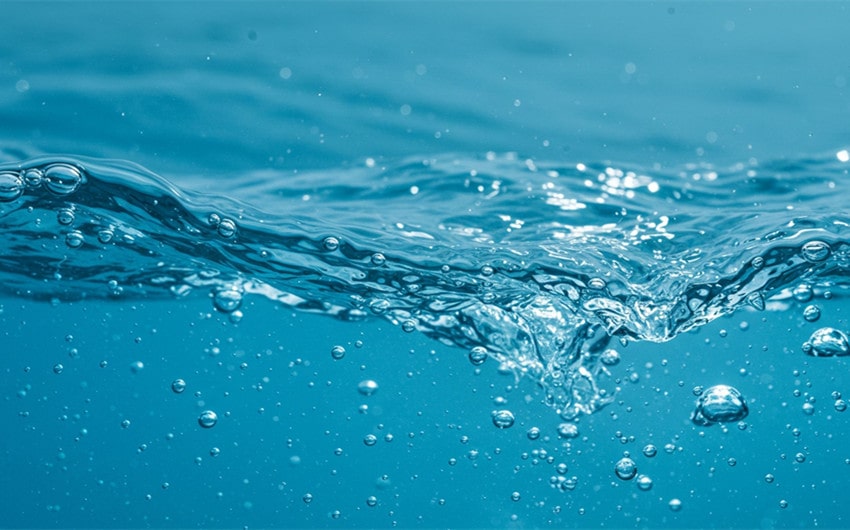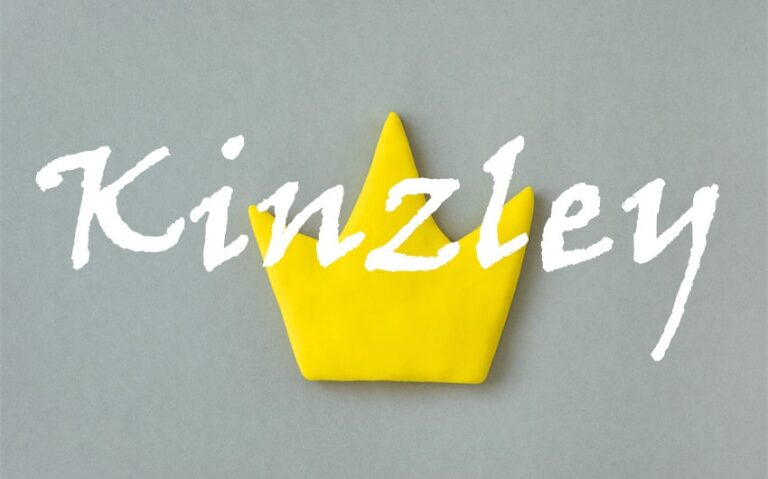40+ Japanese Boy Names Meaning Water and Its Serene Symbolism
Have you ever been fascinated by the calm strength and balance that water represents? The Japanese boy name meaning water captures that same sense of purity, adaptability, and depth. In Japan, water—mizu (水)—is considered one of the most vital and spiritual elements in nature. It symbolizes life, change, and harmony. Names inspired by water carry a quiet power, reflecting the flow of rivers, the vastness of the sea, and the renewal brought by rain. Choosing a Japanese water name for a boy expresses the wish for him to be calm yet strong, adaptable yet unwavering—a true reflection of nature’s gentle force.
Kanji and Meanings Related to Water
Japanese names often draw meaning from kanji, where each character holds layers of symbolism. In water-themed names, several kanji capture its essence:
-
水 (mizu / sui) – “Water,” representing purity and adaptability.
-
海 (umi / kai) – “Sea” or “ocean,” symbolizing vastness and wisdom.
-
波 (nami) – “Wave,” representing resilience and rhythm.
-
河 / 川 (kawa / gawa) – “River,” symbolizing flow, journey, and life.
-
泉 (izumi) – “Spring” or “fountain,” representing renewal and beginnings.
-
潤 (jun) – “Moisture” or “grace,” reflecting kindness and richness of spirit.
Each kanji combination adds its own poetic touch, making water-themed Japanese names not only meaningful but also beautifully symbolic of harmony and movement.
Names That Literally Mean Water
These names directly include the kanji for water (水) and capture its purity and strength. They represent calm leadership, adaptability, and emotional clarity—qualities deeply admired in Japanese culture.
-
Mizuto (水翔): “Water” and “soar.” Represents freedom, ambition, and flow through life’s challenges.
-
Suito (水翔): “Water” and “fly.” A name for someone who moves with grace and independence.
-
Mizuki (水樹): “Water tree.” Symbolizes growth and vitality nourished by calm strength.
-
Mizunari (水成): “Formed by water.” Reflects adaptability and harmony with the natural world.
-
Suiji (水司): “Water” and “rule.” Suggests wisdom and calm leadership, like a still lake’s quiet authority.
-
Mizuhiko (水彦): “Water boy.” A traditional name symbolizing innocence and purity.
-
Suisho (水晶): “Water crystal.” Represents clarity, transparency, and refined character.
-
Mizuma (水真): “True water.” Symbolizes honesty and depth of feeling.
-
Suinao (水直): “Straight as water.” Represents integrity and authenticity.
-
Mizuo (水夫): “Man of water” or “sailor.” Symbolizes courage and endurance.
-
Mizukazu (水和): “Water” and “harmony.” Reflects inner peace and balance.
-
Suijun (水潤): “Water” and “grace.” Suggests a nurturing, kind personality.
These names embody the calm essence of water—gentle yet powerful, shaping everything it touches while remaining pure.
Names Inspired by Rivers, Lakes, and Oceans
In Japan, water is inseparable from the land itself. Surrounded by the sea and crisscrossed with rivers, Japanese culture reveres flowing water as a symbol of continuity, depth, and connection. Names inspired by oceans and rivers evoke freedom, exploration, and the natural rhythm of life.
-
Kaito (海翔): “Ocean” and “fly.” Symbolizes adventure and the pursuit of dreams.
-
Minato (湊): “Harbor” or “port.” Represents safety, connection, and community.
-
Kawa (川): “River.” A simple yet powerful name reflecting constancy and life’s flow.
-
Kaisei (海星): “Sea star.” Suggests light and guidance over vast waters.
-
Umihiro (海宏): “Vast ocean.” Represents wisdom, patience, and expansive thinking.
-
Rento (漣翔): “Ripple” and “fly.” Evokes balance and grace in motion.
-
Hirokai (宏海): “Broad ocean.” Symbolizes generosity and open-mindedness.
-
Naokai (直海): “True sea.” Represents sincerity and emotional clarity.
-
Reisui (霊水): “Sacred water.” A spiritual name symbolizing purity of the soul.
-
Kawanari (川成): “Formed by rivers.” Represents personal growth and adaptability.
-
Unkai (雲海): “Sea of clouds.” Symbolizes dreams and higher perspective.
-
Kaiji (海司): “Sea” and “leader.” A calm, wise person who guides others through life’s tides.
These names show that water in motion represents a spirit that is always learning, adapting, and exploring without losing itself.
Names Related to Rain, Mist, and Flowing Water
Rain and mist are poetic symbols in Japanese culture, representing renewal, sensitivity, and emotional connection. Flowing water in all its forms—rainfall, streams, and drizzles—reminds us that change brings growth. These names express compassion, subtle beauty, and transformation.
-
Ameji (雨司): “Rain” and “rule.” Reflects peaceful authority and emotional steadiness.
-
Amane (雨音): “Sound of rain.” Symbolizes tranquility and creative thought.
-
Ameo (雨夫): “Man of rain.” Suggests a calm, gentle, nurturing nature.
-
Ameki (雨樹): “Rain tree.” Represents nurturing strength and wisdom rooted in calm.
-
Ameno (雨野): “Rain field.” Reflects abundance and serenity.
-
Kirisame (霧雨): “Drizzle” or “mist rain.” Symbolizes subtle elegance and emotional intelligence.
-
Ruito (流翔): “Flow” and “fly.” Represents adaptability and peaceful ambition.
-
Nagare (流): “Flow” or “current.” Symbolizes smooth progress and harmony with life’s pace.
-
Ryusui (流水): “Flowing water.” Reflects adaptability, patience, and quiet strength.
-
Amehiro (雨宏): “Vast rain.” Symbolizes abundance and kindness.
-
Ryuto (流翔): “Flow” and “flight.” Represents personal growth and creative energy.
-
Ametsugu (雨継): “Continuing rain.” Represents consistency, renewal, and nurturing spirit.
Each name in this category conveys softness and renewal—reminding you that like rain, calm persistence nourishes even the hardest ground.
Names That Symbolically Represent Water’s Traits
Water represents qualities beyond its physical form—peace, renewal, adaptability, and the strength to move forward no matter the obstacle. The following names may not mention water directly but reflect its calm yet powerful essence.
-
Ren (蓮): “Lotus.” The lotus grows from muddy water, symbolizing purity and resilience.
-
Haruto (陽翔): “Sun” and “fly.” Represents balance between warmth and flow.
-
Reito (怜翔): “Wise” and “fly.” Symbolizes clarity and thoughtful calmness.
-
Souta (颯太): “Swift” or “sudden wind.” Reflects the movement and vitality of flowing water.
-
Jun (潤): Means “moisture” or “grace.” Represents generosity and calmness.
-
Shun (瞬): “Moment.” Reflects life’s fleeting beauty, like ripples on a pond.
-
Minoru (実): “Truth” or “fruit.” Represents growth nurtured by the nourishment of water.
-
Soutarou (奏太郎): “Playful harmony.” Reflects peaceful balance in life’s rhythm.
-
Isamu (勇): “Brave.” Represents the steady courage of a river carving its path.
-
Riku (陸): “Land.” Often paired with water-themed names, representing balance of elements.
-
Kiyo (清): “Pure” or “clear.” Symbolizes clarity of mind, like still water.
-
Rei (怜): “Wise” or “spirit.” Suggests composure and inner peace.
These names express what water teaches: that strength lies in stillness, wisdom flows from balance, and resilience can be both quiet and profound.







